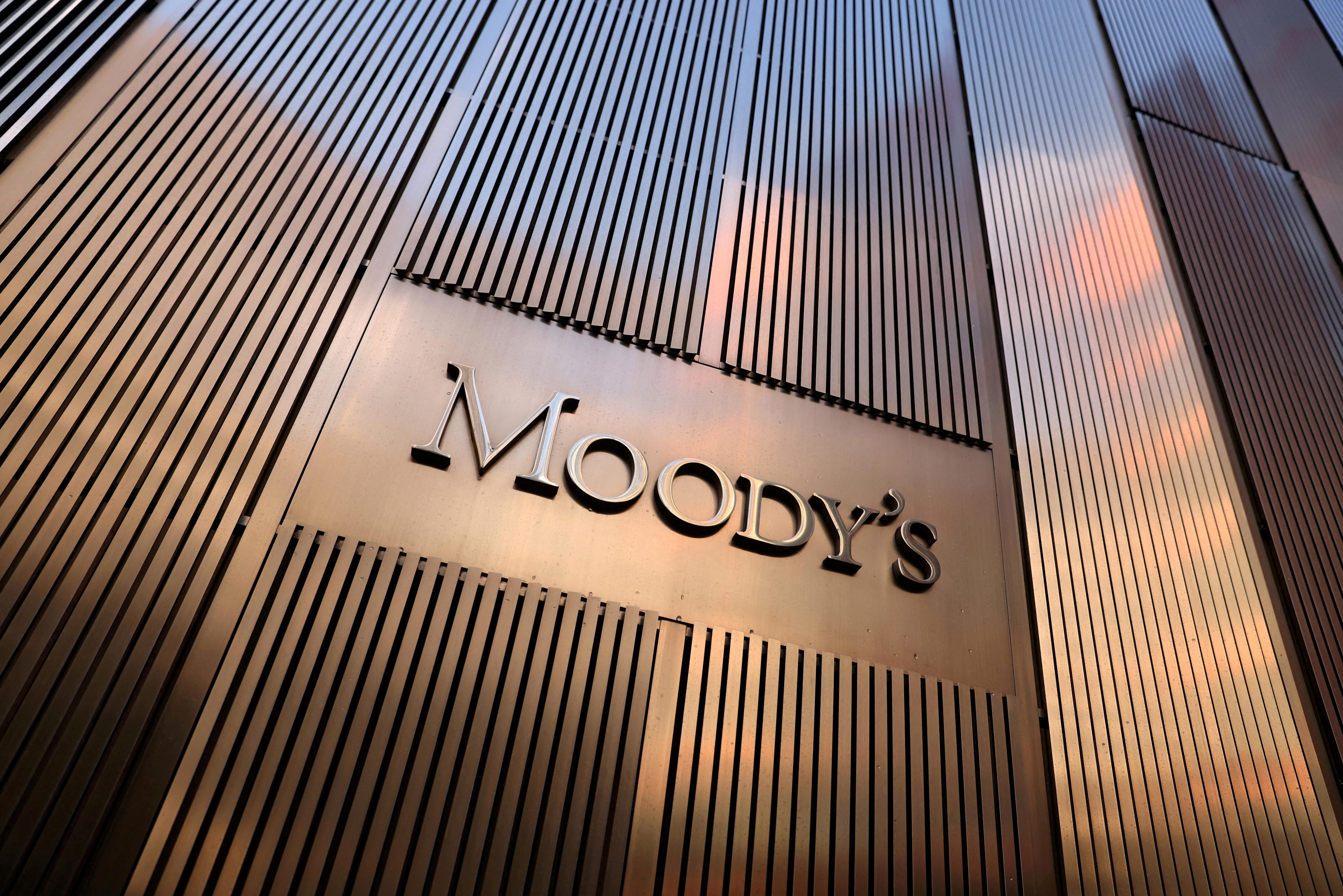
- Ray Dalio stated on X that Moody's credit downgrade fails to encompass the risks associated with excessive government money printing.
- Moody's has lowered the U.S. credit rating to Aa1, pointing to increasing budget deficits and rising interest payment costs.
- A Republican Party tax proposal might exacerbate U.S. debt issues, due to suggested reductions in taxes alongside higher expenditure on defense.
Billionaire investor Ray Dalio believes that Moody's recent downgrade of the US sovereign credit rating fails to convey the risk associated with the federal government merely printing money to settle its debts.
Dalio, the founder of Bridgewater Associates, cautioned on X that credit ratings underestimate credit risks since they solely assess the likelihood of governments defaulting on their debts. He further explained that these ratings fail to account for the higher risk that indebted nations might resort to printing more money to settle their obligations, which would result in bondholders experiencing losses due to the reduced purchasing power of the funds they receive.
"Those concerned with safeguarding the purchasing power of their funds should be aware that the risks associated with U.S. government debt exceed what the ratings agencies are indicating," Dalio stated additionally.
After Moody's, the global financial service provider, made their remarks, Dalio commented. downgraded the US credit From AAA to AA1 on Friday, due to increasing budget deficits and rising interest expenses. This means Moody’s is now the final among the big three credit ratings firms to downgrade U.S. debt from its top-tier status. In 2011, S&P Global Ratings reduced the nation’s credit rating, with Fitch Ratings doing the same in 2023.
Following the downgrade, stocks declined on Monday as Treasury yields surged. The yield on the 30-year bond climbed to 4.995%, and the 10-year bond yield increased to 4.521%.
Raising further worries among investors, economists are issuing warnings about a tax cut bill suggested by Republicans that might become reality considering the narrow GOP majorities in both the House and the Senate.
The proposal suggests giving tax incentives for the wealthiest Americans Through an increased federal estate tax threshold, tax incentives for private equity interests, and a $150 billion escalation in defense funding. The plan also includes boosting the child tax credit by $500 and removing taxes on gratuities and additional hours worked.
Even though the bill suggests reducing expenditures on Medicaid and SNAP as well as increasing taxes on immigrants, the Budget Lab at Yale, a nonpartisan policy analysis institute, asserts that the Republican proposal would exacerbate America’s debt issues.
The bill, as presently suggested, would significantly increase the deficit, even when considering potential offsets. tariff revenue The authors of the report stated, “Should we consider the possibility that these measures might turn into long-term policies, after three decades, the debt-to-GDP ratio could exceed 180%, provided that considerable income is generated through tariffs.”
The report indicates that Sudan and Japan are the sole nations with a debt-to-GDP ratio exceeding 180%.
"If the provisional measures lapse, the legislation’s fundamental expense of $3.4 trillion would render it the most substantial financial initiative in U.S. history," the report stated.
On an unusual Sunday evening vote held on May 18, the Republican tax reduction measure barely made it through the House Budget Committee, despite being turned down just days earlier. This legislation will now move forward to be voted on by the full House later this week.
A representative for Dalio did not promptly reply to requests for comments.
If you liked this tale, make sure to follow Business Insider on MSN.


0 Comments